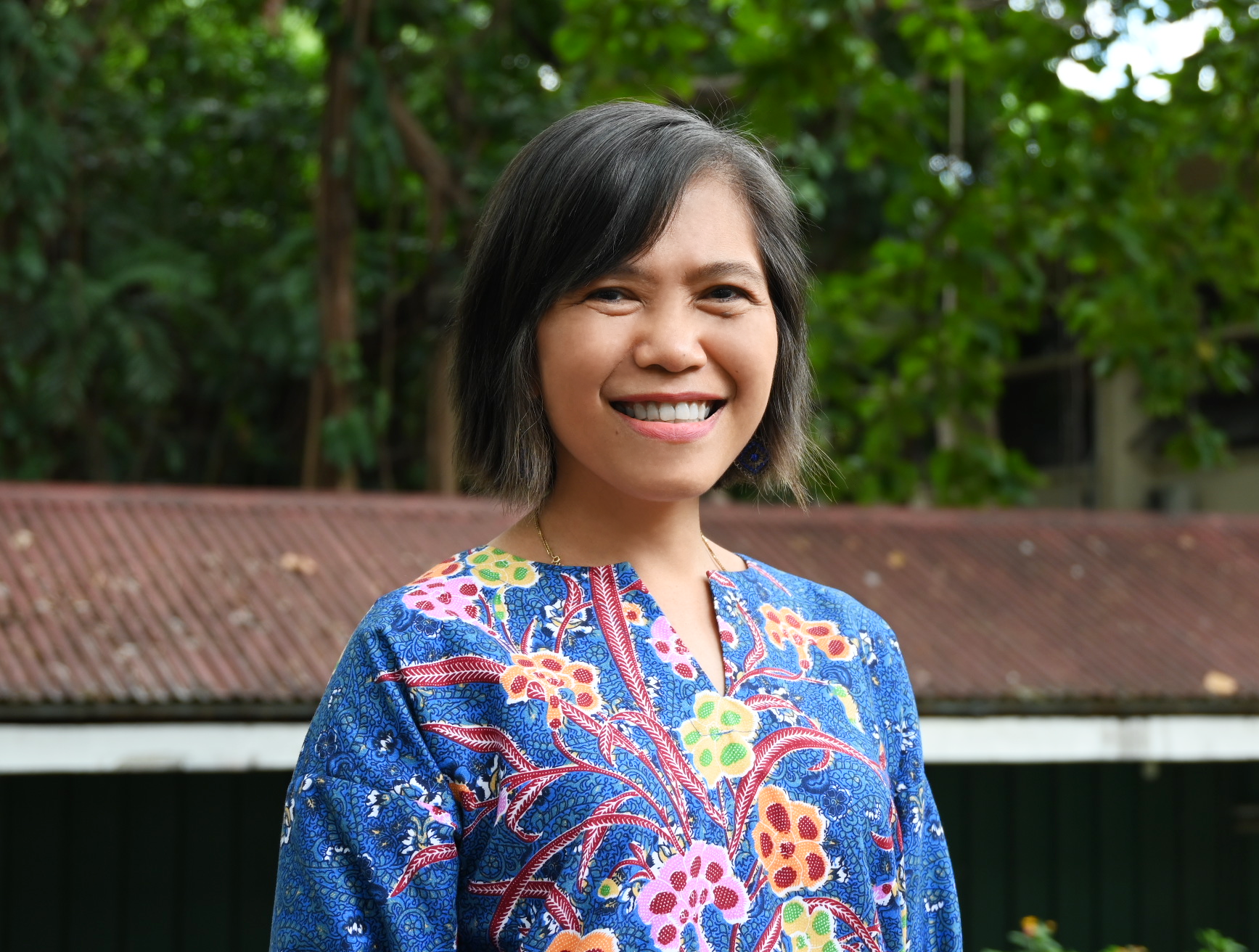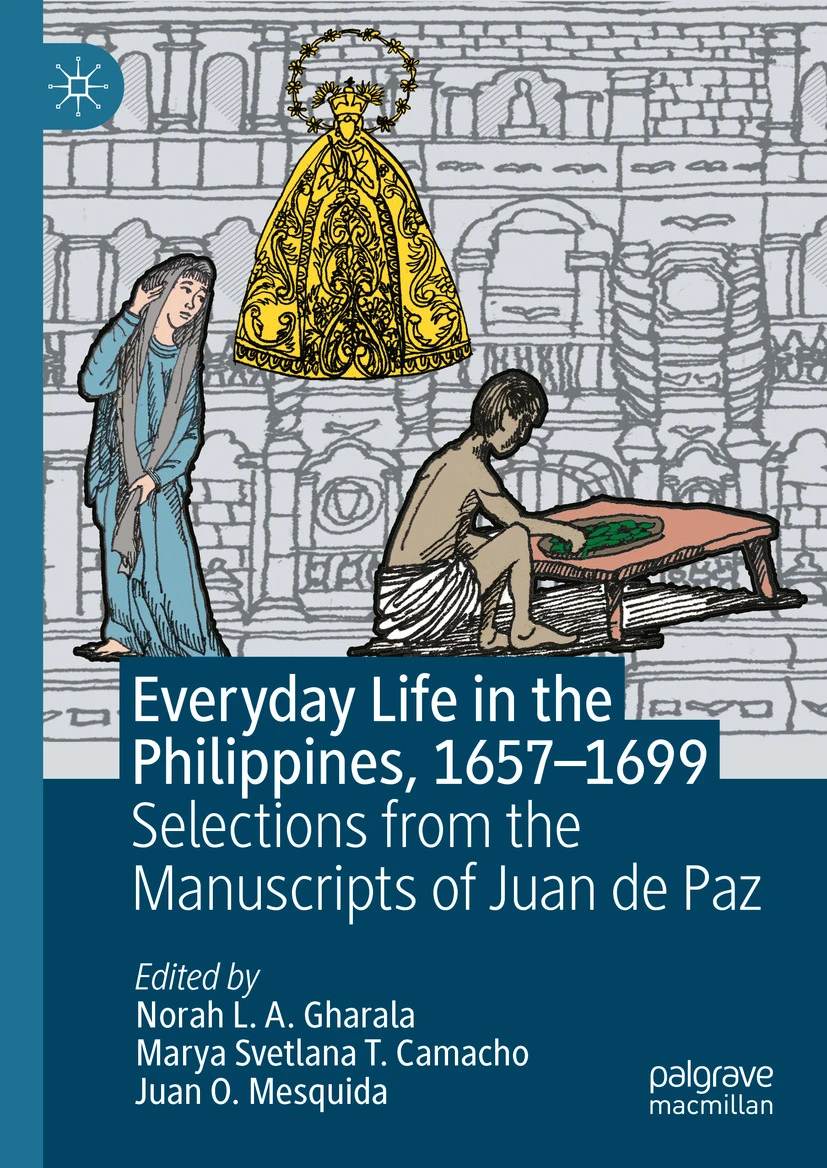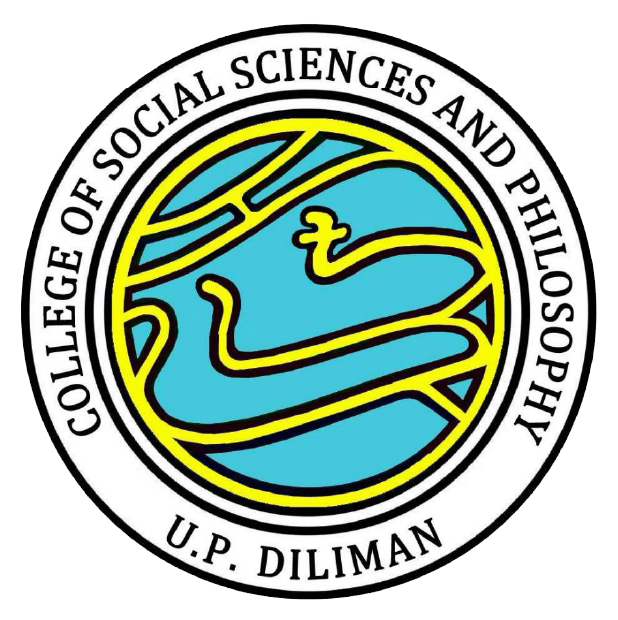Wills of the Dead: Inheritance and Other Legacies in Early Modern Philippines
Everyday Life in the Philippines, 1657–1699
The death of a person and its consequences provide an opening to the social and cultural life of the society where that person belonged. In Spanish-era Philippines questions about the dead’s will and the legacies they leave behind give a glimpse about their networks, relationships, and beliefs in colonial society. This chapter is based on three documents that deal with Juan de Paz’s responses to consultations about distant relatives’ entitlement to inheritance, a dead woman’s slave, and the payment of debt to a dead creditor’s compulsory heirs. Though diverse, these consultations all revolve around the legacy of the dead and the ties they had made in their lifetime. The questions examine how the death of different persons impacts those ties. This chapter will discuss the context of these documents in seventeenth-century Philippines for a better understanding of the questions raised in the consultations. In particular, the essay will give a background on slavery in the Philippines, women’s property, and the Catholic custom of offering masses for the dead.
Faculty Involved:

Grace Liza Y. Concepcion, Ph.D.
Assistant Professor
Focus: Asian mobilities in the Philippines and Spanish empire; Land ownership, property, inheritance in the 17th-18th century



